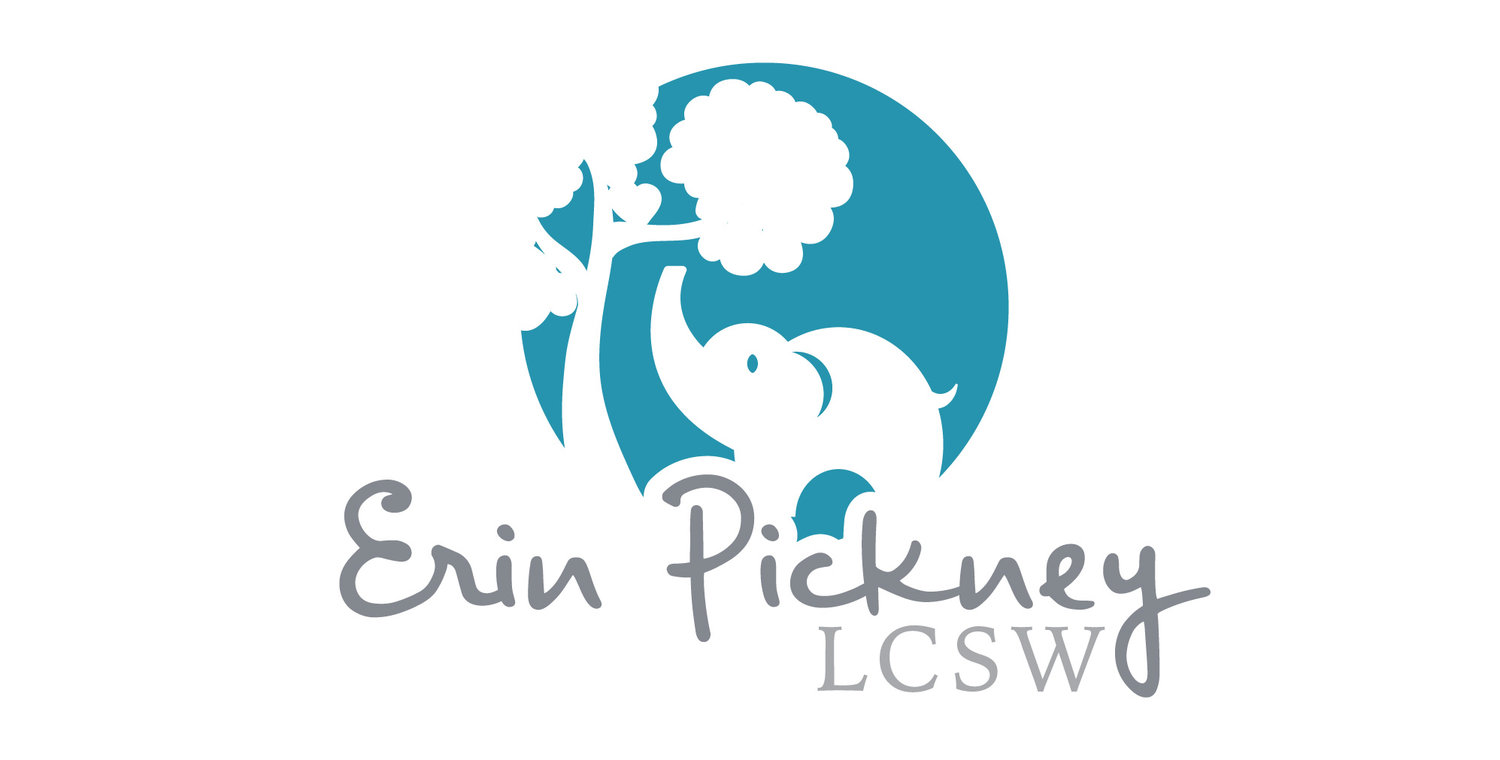Toxic Perfectionism
Life can be difficult when you feel like you have to be perfect. You end up feeling like a failure all the time. It doesn’t matter that everyone around you sees you as an overachiever or someone who always excels. You see all the ways that you weren’t good enough. You live in fear that one wrong move could cost you everything – your job, your relationship, your future. You’ve probably heard people say things like, “Relax. It’s fine. Stop obsessing about it.” You might get hung up on “fixing” the things you perceive as not quite right. Maybe you find yourself struggling to find enough time in your day to enjoy life because you’re so focused on producing perfect work. You’re probably exhausted from all that extra work, too.
What is toxic perfectionism?
Toxic perfectionism is when the desire to do things well crosses over to a compulsive need for things to be perfect. It is the belief that anything less than perfection is failure, and that any failure means you are a failure as a person. Toxic perfectionism can lead to unmanageable anxiety, unremitting depression, and a persistent belief that you are not good enough.
Treatment for Toxic Perfectionism
So, what do you do to make life easier? First, you start with learning skills to manage your anxiety and the compulsions that come with trying to make everything perfect. Once you know how to handle the feelings, it becomes easier to challenge the thoughts and behaviors related to perfectionism. You start small and build up to things you struggle with most. When you change the way you think, you feel better. You can work on creating balance in your work and your life so you can enjoy both a lot more than you do right now.
Perfectionism is one of my favorite issues to tackle. It can feel messy and difficult to challenge perfectionistic thinking and behaviors, but there are also ways to make it fun. It’s common to find that perfectionists also struggle with issues of control, anxiety, and emotional restricting. I find that DBT and RO-DBT skills can be really helpful in managing the anxiety and gaining a more realistic view of the world (imperfect does not mean failure), which then creates a better platform to work on the perfectionism, control, and emotional restricting. I also often utilize Brainspotting to tackle the underlying beliefs that lead to toxic perfectionism. I try to create space to practice imperfection in session so you have support, and then I'll assign small steps to practice on your own. Before you know it, you'll be more relaxed and less anxious and depressed. You can have an enjoyable life, and you deserve it.

